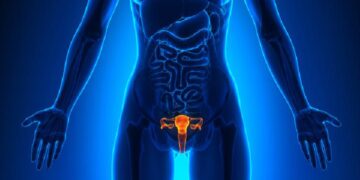Most of us have a diet that is not scientific enough, either we eat too much nutrition or we don’t eat salt and oil in order to lose weight, these are not ideal eating habits. Here are 4 afternoon tea tips to make you lose weight successfully.

1. Drink a glass of water when you are hungry.
When you feel hungry for the first time between meals, drink a glass of water. Sometimes, when we feel thirsty, we also have a feeling of hunger. At this time, drinking 200 to 300ml of water can eliminate this hunger. In fact, drinking regular drinks without sugar and caffeine can help regulate our physiological processes and usually improve our appetite. Nutritionists recommend that we should drink 200ml of water 10 times a day.
2. Add a meal when it’s time to do so.
If you have drunk a large glass of water or wait fifteen minutes, and hunger still has not been eliminated, this time you can choose some natural, low-energy food. Have a piece of fresh fruit, some low-fat yogurt, a handful of almonds, or some cereal crackers dipped in hummus. If you’re used to eating high-fat, processed foods, you may not be interested in these natural foods at all. But many people have successfully made the switch and found that natural foods not only meet the body’s energy needs, but also allow us to avoid overeating.
Afternoon Tea What to Eat for Weight Loss Weight Loss Fast Weight Loss Afternoon Tea Tips Diet Guide
3. Keep the timing of your daily meals relatively constant and ensure that you provide a complete and balanced nutrition.
Nutritional elements can be referred to can refer to the dietary guidelines provided by the Chinese Nutrition Society. The human body is amazing, it can self-regulate to adapt to the rhythm of your eating. If the eating schedule is regular, the body can adapt to form a precise eating clock.
If the diet provides the nutrients your body needs, then it is unlikely to be too hungry between meals.
4. Wait until you are really hungry before adding a meal.
When feeling hungry between meals, wait 15 minutes before responding to it and making it a habit. Generally speaking, if you do not eat immediately, chances are that hunger will disappear soon.
This implies that our hunger is likely to arise not because of physical needs, but possibly just because of discomfort in other areas. You may be in a state of worry, fatigue, depression or anxiety.





































